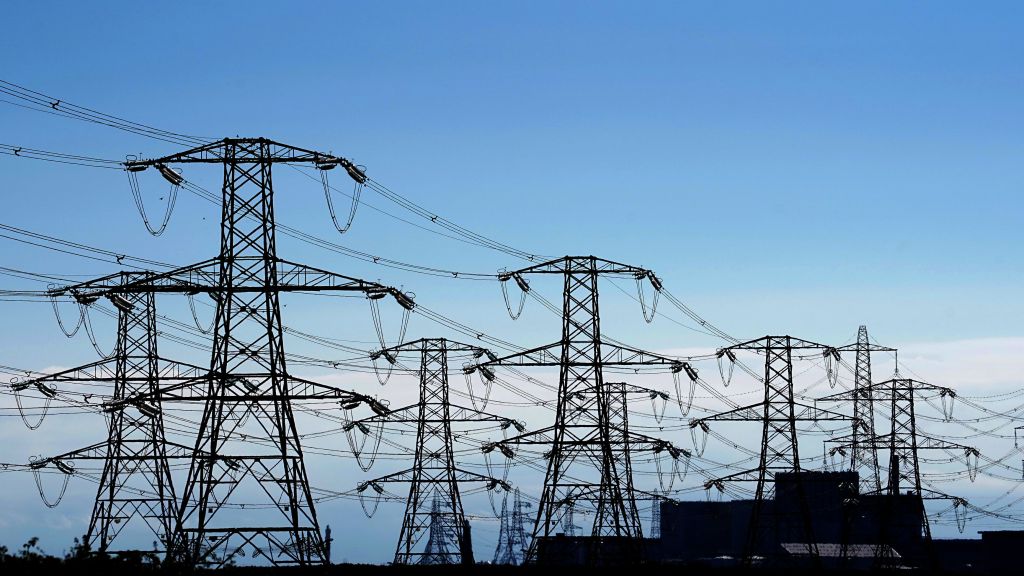Energy Regulator Advocates for Enhanced Powers to Sanction Executives
The head of the energy regulatory body has urged the government to empower it to impose fines on executives who violate industry rules, as millions of households face escalating energy costs coupled with inadequate customer service.
Jonathan Brearley, the CEO of Ofgem, emphasized the necessity for the regulator to acquire more substantial authority to hold energy companies accountable and address “very poor behaviors” exhibited by certain firms and their leaders.
While Ofgem can issue fines against energy suppliers, generators, and infrastructure entities for regulatory breaches that harm consumers, it lacks the ability to publicly reprimand or impose financial penalties directly on individual executives, a power possessed by the Financial Conduct Authority (FCA).
In a recent interview, Brearley commented on the attributes of the financial sector’s regulatory framework, stating, “Part of the reason I look to the financial industry is because their regulator does have a broader range of powers. They’re able to hold executives to account, for example. So that if a director or a shareholder behaves in a way that damages customers, you can go after that person for compensation personally.”
According to Ofgem’s latest consumer confidence survey, only 66 percent of households express satisfaction with their energy providers. This marks a slight recovery from a low of 62 percent last year, yet it remains below the pre-pandemic satisfaction rate of 72 percent.

Recently, Ovo Energy was mandated to pay £2.4 million to compensate customers for mishandled complaints, affecting 1,395 customers who faced delays in complaint resolution, with some waiting up to 18 months for action.
When inquired about a potential crackdown on executive bonuses akin to new authorities being conferred upon Ofwat, the water regulator, Brearley stated that the matter remains under consideration.
The Labour Party has proposed legislation granting water regulators the authority to prohibit bonuses should water quality standards fall short. The proposal also includes provisions requiring firms to prioritize spending on crucial infrastructure over dividends, salary increases, or bonuses.
Brearley acknowledged the presence of commendable companies within the energy sector but noted, “I’ve seen some very poor behaviors, both on an individual as well as a corporate level.”
For example, Chris O’Shea, CEO of Centrica, received a £4.5 million compensation package for 2022, which included a £1.4 million bonus for “exceptional financial performance,” despite controversies concerning British Gas’s practice of forcibly installing prepayment meters in homes of vulnerable consumers.
Ofgem is also exploring regulatory revisions that would enable it to recover funds from insolvent suppliers. Under existing policies, suppliers taking on customers from a failed competitor can reclaim associated costs, which ultimately burden consumers.




Post Comment